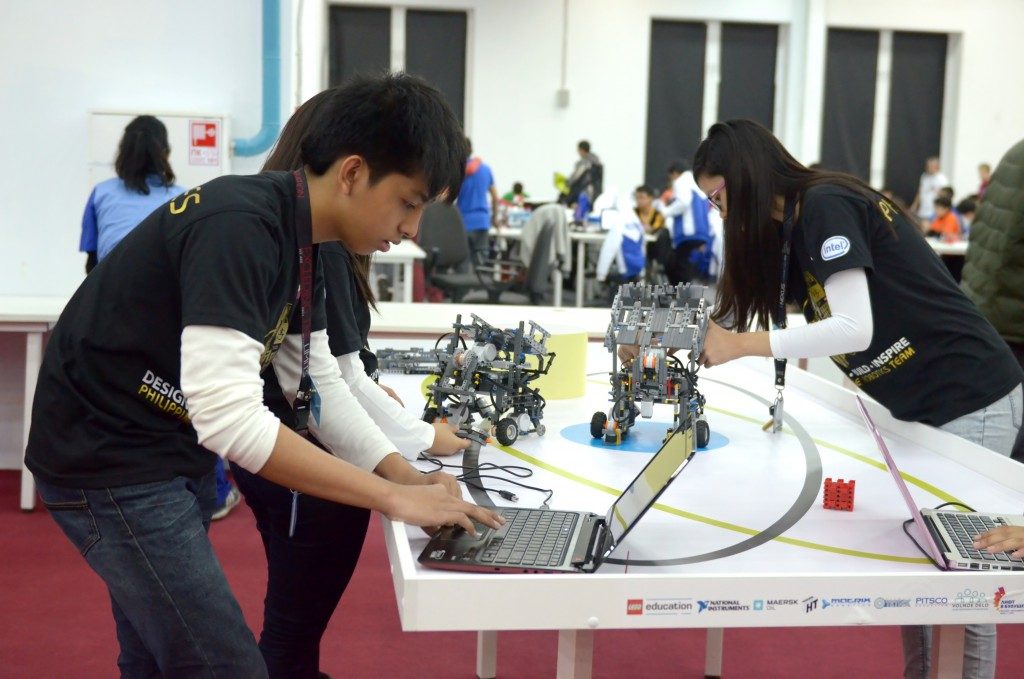 Tertiary-level and vocational students who wish to enjoy the free tuition subsidy under the recently enacted law may choose from as many as 190 public schools in the Philippines.
Tertiary-level and vocational students who wish to enjoy the free tuition subsidy under the recently enacted law may choose from as many as 190 public schools in the Philippines.
The Universal Access to Quality Tertiary Education Act lets Filipinos enroll in any of the 112 state universities and colleges, and 78 local universities and colleges without having to pay for tuition, starting in the school year 2018-2019. As the cost of education in the country increases, the new law is good news for low-income families.
Student Qualifications
A person who already has a bachelor’s degree from a public or private school will not be qualified for the subsidy. Those who wish to enroll in technical-vocation education and training (TVET) courses must also not have a bachelor’s degree from any academic institution.
Aside from free tuition, qualified students will not need to pay fees for using libraries, computers, and laboratories. Miscellaneous fees, such as school IDs, registration, and healthcare expenses will also be free.
Alternative Learning
While the free tuition law has its own benefits, online education in the Philippines could be another option for students, especially those who want to enroll in a short course since it’s excluded from the regulation’s terms and conditions.
An online course could still be a better alternative than enrolling in a private school. The average tuition fee of private schools in the country cost more than P23, 000, so you may expect to pay slightly less than that for a short-term course. Institutions in Metro Manila are also more likely to be less affordable than schools in regional areas.
The free tuition law could encourage more people to seek higher education or finish a degree. Even if you don’t qualify for the subsidy, there are still other low-cost options for further studies, such as online courses.

